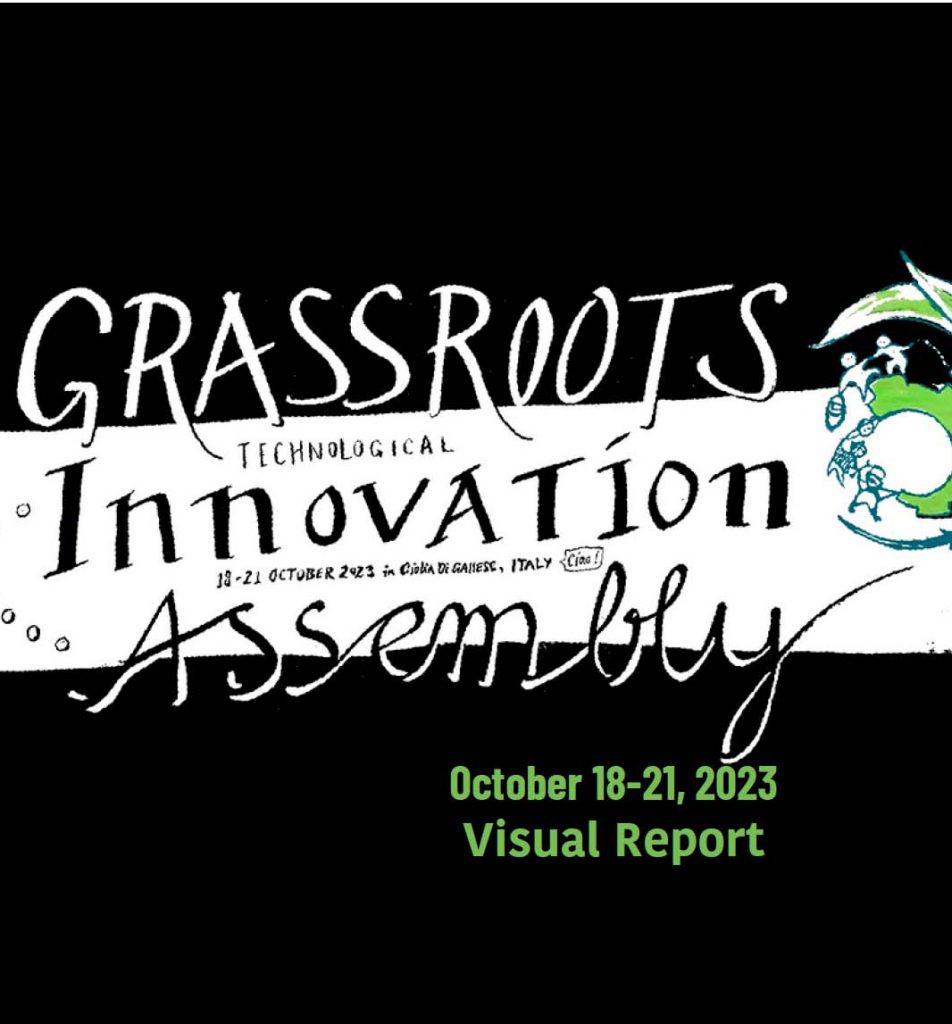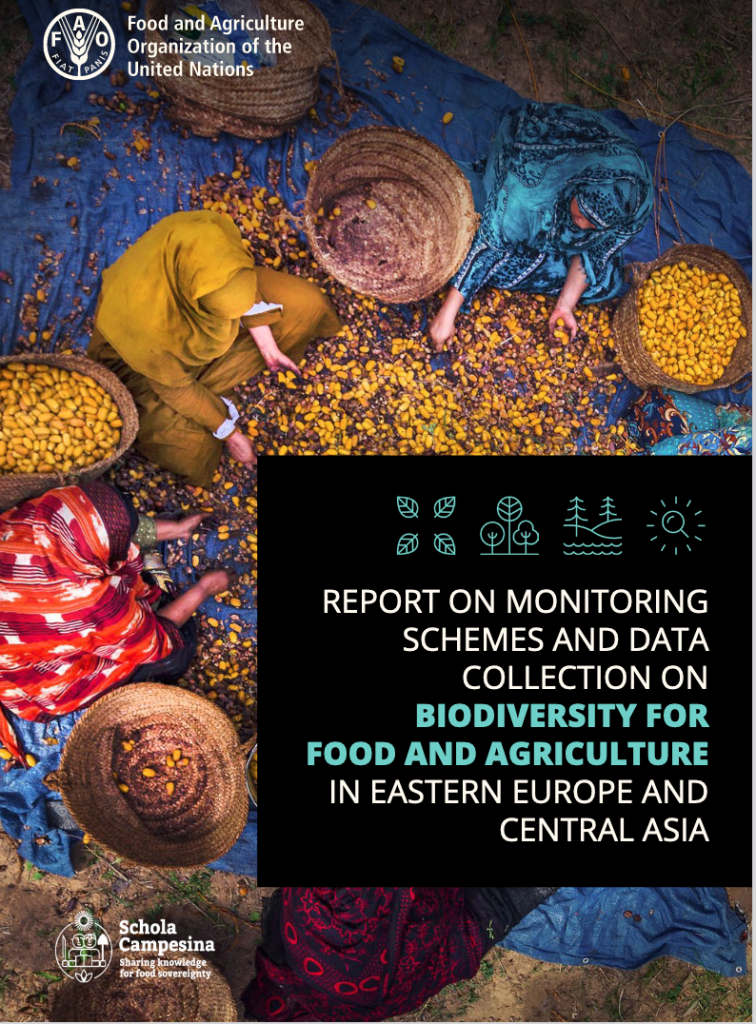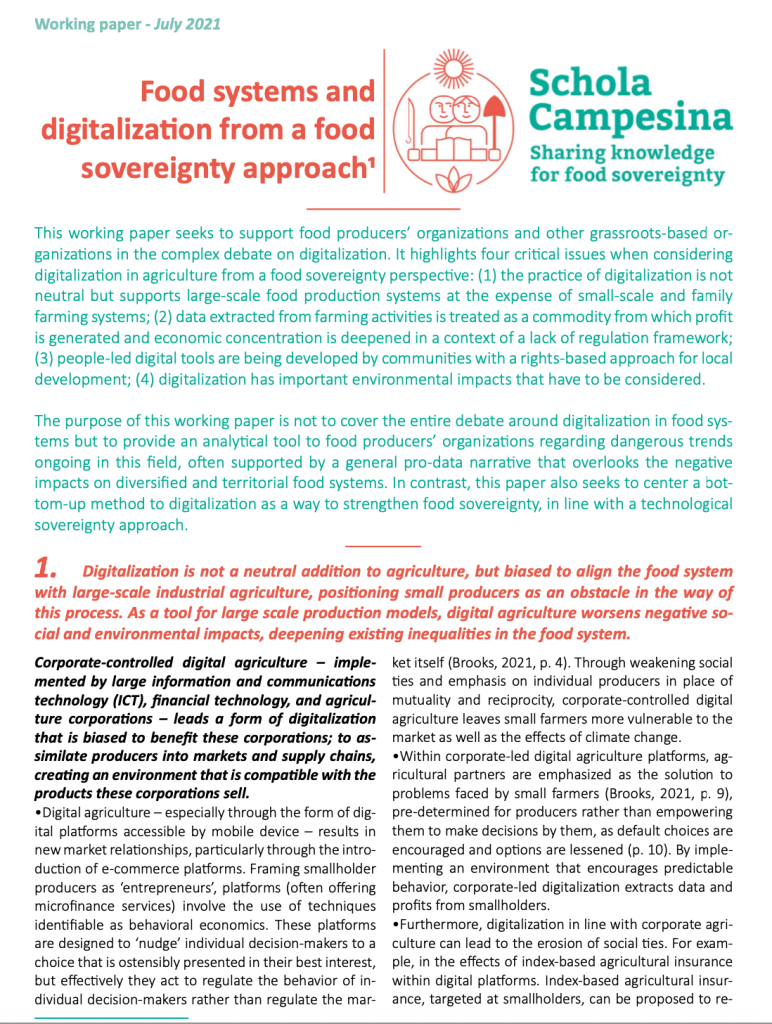Schola Campesina is an international Agroecology school, based in the Italian biodistrict Via Armerina e delle Fore. Schola Campesina purpose is to strenghten food producers’ organizations worldwide in their struggle for Food sovereignty and Agroecology, centering local Knowledge. Based on Nyéléni International Forum for Agroecology (2015) and on the principles of ‘Dialogo de saberes’ and Popular Education, Schola Campesina aims to cultivate the dialogue among peasant, academical and activist knowledge, including on international advocacy work.
Recent publications
A Case Study of Bilim Community of Practice of Agroecology in Eastern Europe, Central and Western Asia.
Bilim is a community of organizations from Eastern Europe, Central and Western Asia region.
This brief developed by the UVM Institute for Agroecology in collaboration with Bilim organizations and Schola Campesina as the Community facilitator, examines the Bilim Community’s pivotal role in advancing agroecology across the region.
Rooted in the region’s diverse languages, cultures, and histories, Bilim fosters grassroots collaboration and knowledge-sharing to address critical challenges such as biodiversity loss, market inequities, and rural isolation. The brief highlights transformative initiatives illustrating how Bilim bridges informal and formal knowledge systems to promote sustainable, community-driven solutions, and underscores the importance of regional networks in creating resilient food systems and fostering solidarity.
Watch the video and read more on Bilim Community
The Grassroot Innovation for Agroecology Assembly 2023 Visual Report.
This report documents the first international gathering of the Grassroots Innovations for Agroecology Assembly held from Oct 18-21, 2023 in Gallese, Italy. As food producers confront climate crises, corporate capture, and the new extractive technologies of AG 4.0, smallholders are organizing their own innovation networks for agroecological methods. The work of these networks demonstrates that peasant autonomy is possible through grassroots innovation, knowledge-sharing, research, and collaboration.
The idea for the international grassroots innovations assembly was seeded by a group of established innovation networks like Farm Hack, L’Atelier Paysan, and Schola Campesina. Download the report
Latest News

July 31, 2024 – Innovation award on farmer field schools for sustainable agrifood systems pitching event!



SIGN statement! The Civil society statement on biodiversity offsets and credits
Join us and more than 200 CSOs and academics signing on the Civil Society Statement on Biodiversity Offsets & Credits! Biodiversity markets will only repeat
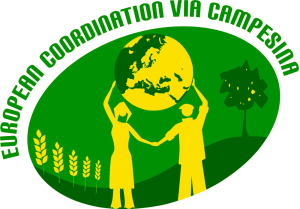
EU farmers demands for the new legislative period. ECVC press release.
ECVC farmers and other small-scale producers have spent decades demanding fair income through market regulation, prices that cover production costs and a better sharing of
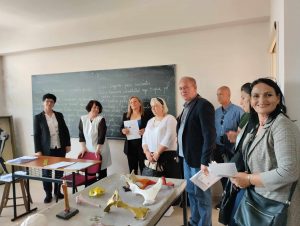
Exchange Visit of STINA Women’s Association from Kosovo to Albania: exploring local seed bank,didactic field and educational laboratories.
From May 22 to May 23, 2024, Schola Campesina, in collaboration with COSPE Association and the Professional School “Ndre Mjeda” in Bushat, Vau Dejes Municipality,
BILIM - Agroecology alliance
in Europe and Central Asia region
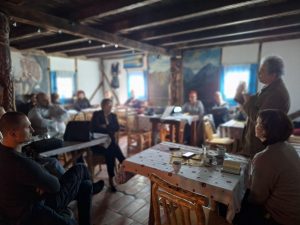
The workshop “Acceleration of agro-ecological transition of agricultural systems” and visit to Bosnia and Herzegovina and Serbia, March 20, 2024
The visit to Bosnia and Herzegovina and Serbia, organized by Bilim Alliance members Alica Foundation (Bosnia and Herzegovina) and Schola Campesina, was centered around the
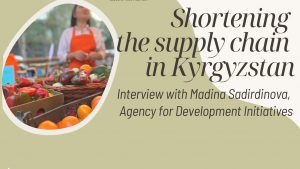
Shortening the Supply chain in Kyrgyzstan
“This is our idea in practice – giving full information to urban consumers and at the same time supporting small-scale farmers” – says Madina Sadirdinova
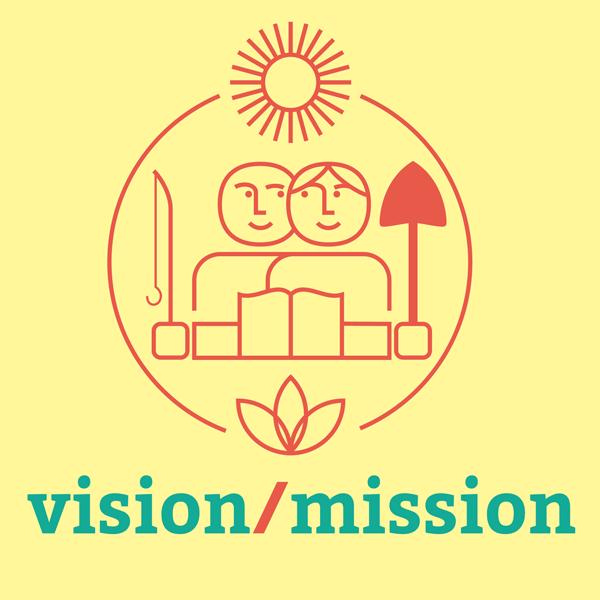
There are 1.5 billion peasant farmers and food producers in the world (the largest sector in the world) and they represent a pillar of economic democracy. Indeed, small-scale food producers make food and agriculture the unique sector of the economy which is not dominated by oligopolies (Internet is in the hands of 10 companies, the world energy market is possibly in the hands of 20, and most economic sectors are experiencing unprecedented concentration). Despite the large number of concentration processes currently ongoing, food and agriculture represents the only sector where there are still 1.5 billion food producers. Hence, a rights-based social and economic model built on a strong sector of food producers, peasant farmers, small-scale fishers and pastoralists, and not on the arrogant force of a few.


